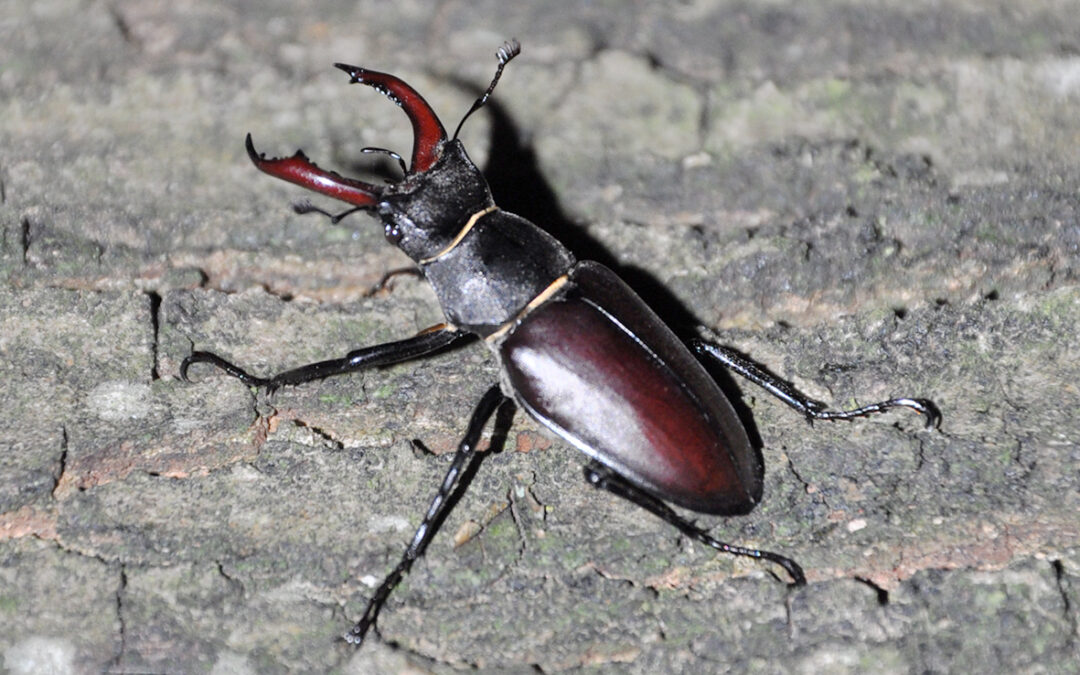The region of the Balkans is identified as a European biodiversity hot spot. The Balkans include part of Croatia, the whole of Bosnia and Herzegovina, Albania, Kosovo, Montenegro, North Macedonia, Greece, Bulgaria and the European part of Turkey. The Balkans is part of the Mediterranean Key Biodiversity Area (KBA).
However, the biodiversity in the Balkans is threatened. More and more Balkan countries open their economies and become more accessible and attractive for large international investors and tourists. This causes major landscape changes. Agriculture is intensifying, infrastructure is being modernised and expanding at an accelerated pace, hydroelectric power stations in rivers are build, etc.
Reliable data on species occurrence is needed for evidence-based conservation and management and further research on the biodiversity in the Balkans. Unfortunately, only a small amount of the geographically referenced species occurrence data from the Balkans is available. Baseline data on many groups like mammals, insects, plants, reptiles and amphibians are absent.
With this project, we aim to mobilise data from the Balkans. Species specialists from five Balkan countries will be trained in data mobilisation. By promoting, communicating, and training researchers, the project will demonstrate the importance of FAIR data availability, aiming at mainstreaming biodiversity data publication in the region. The target is publishing more than 100.000 records, which will increase the number of published data on mammals, birds, insects, fish, reptiles and amphibians by at least 10%. The results of this project will also be published in Biodiversity Data Journal (Pensoft Publishers).

